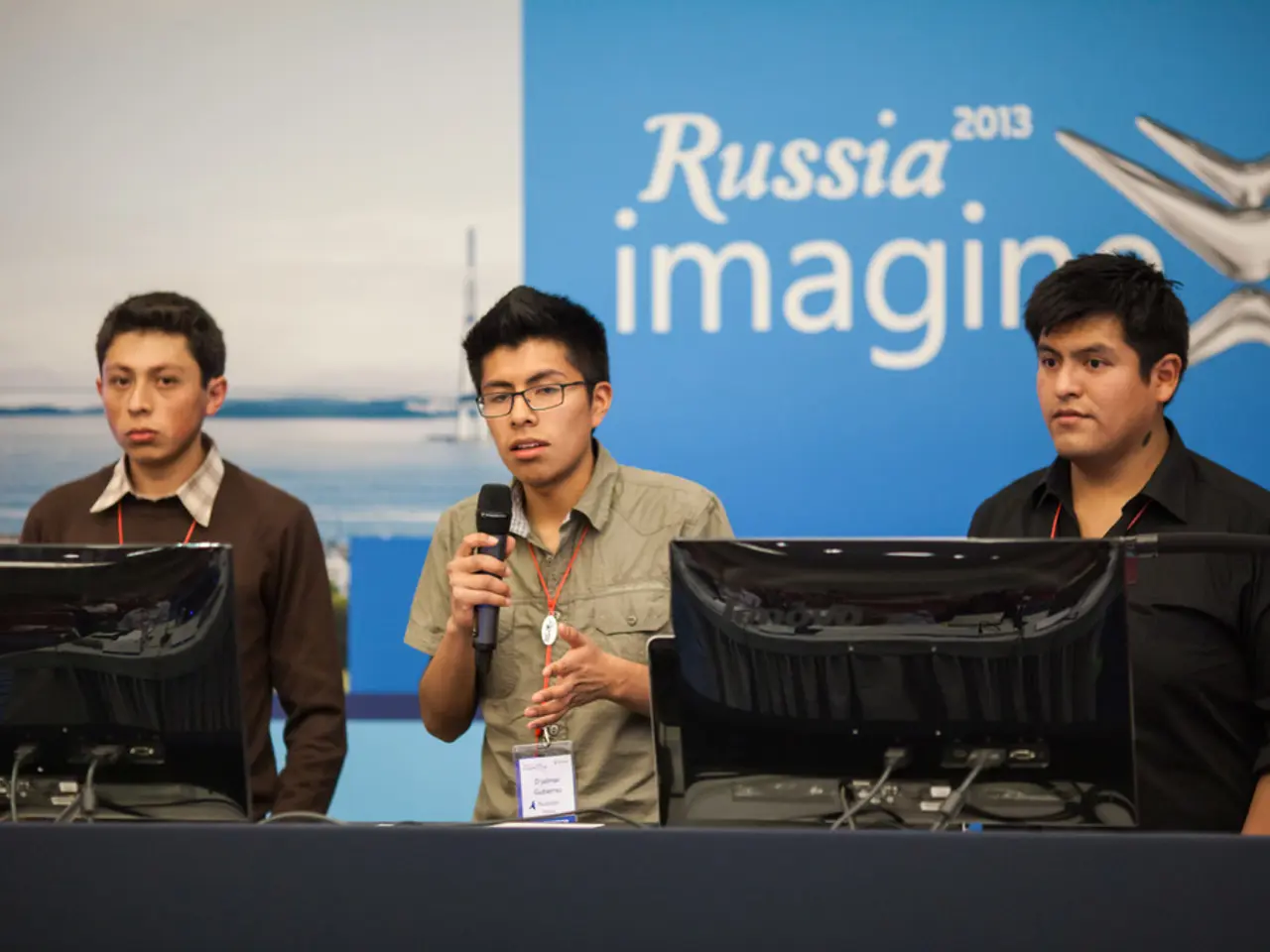Administration of Trump Changes Direction on Artificial Intelligence Regulation
The Trump Administration has unveiled a new AI governance framework, effective July 23, 2025, with the aim of accelerating AI innovation, promoting deregulation, building domestic AI infrastructure, and enhancing global AI competition. The framework, outlined in Executive Order 14179, is designed to sustain and enhance "America's global AI dominance" in AI technologies.
Key areas of focus include:
AI Innovation
The new AI Action Plan emphasizes deregulation to foster a fast, risk-tolerant environment for innovation. This includes streamlining federal regulatory pathways, revising AI risk frameworks, encouraging open-source AI models, and soliciting public and private input to eliminate unnecessary rules.
Market Competition
The framework seeks to bolster U.S. leadership by strengthening domestic AI infrastructure and prioritizing American workers and businesses. It discourages "top-down ideological biases" in AI models procured by the federal government, aiming for ideologically neutral AI systems. The plan also directs federal funding away from states with stricter AI laws perceived as impediments, thus centralizing AI governance at the federal level and limiting state regulatory overreach.
International Trade and Security
The Action Plan incorporates export controls and intellectual property protections to guard against foreign adversaries exploiting U.S. AI technologies. It advances U.S. global AI diplomacy and national security priorities by focusing on maintaining American dominance in the international AI ecosystem, protecting sensitive AI technologies, and fostering strategic technology alliances.
Operational adjustments suggested by the publication include restructuring AI development teams for open-source collaboration, establishing new compliance monitoring systems, developing international partnership strategies, and creating frameworks for public-private engagement.
The emphasis on open-source AI development could accelerate AI development by removing barriers to code sharing, encouraging broader participation, and reducing dependency on proprietary AI systems. The new AI policy focuses on open-source AI development, enhanced public-private partnerships, and aggressive international AI diplomacy.
Looking further ahead, the publication identifies several potential long-term impacts, such as structural changes in AI industry composition, evolution of new AI business models, shift in global AI development patterns, and emergence of new competitive dynamics.
Key features of the new public-private partnership framework include expedited procurement processes, reduced regulatory burden, enhanced access to government data resources, and simplified compliance requirements for smaller enterprises. The new framework promotes the sharing of AI models and datasets among researchers and developers with appropriate safeguards for national security concerns.
Business leaders should consider reviewing and updating AI development strategies, assessing public-private partnership opportunities, evaluating international expansion potential, and updating compliance frameworks for new regulations. The policy shift could reshape competitive dynamics within the AI industry, with reduced barriers to entry, increased competition, new opportunities for specialized AI service providers, and enhanced collaboration potential between competitors.
Organizations should consider a phased approach to adaptation, with immediate policy review and compliance updates, short-term strategic planning and partnership development, medium-term operational restructuring, and long-term international expansion and market development.
However, it's worth noting that the Trump administration has reversed its AI governance policy by repealing Executive Order 14110, which was previously in place. The new policy's long-term impacts and implications are still evolving and will continue to shape the AI landscape in the United States and globally.
- The new AI governance framework, effective July 23, 2025, encourages investment in startups by streamlining federal regulatory pathways and promoting deregulation for AI innovation.
- The framework aims to create competitive dynamics within the AI industry through market competition, especially by prioritizing American workers and businesses, and discouraging top-down ideological biases in AI models.
- The Trump Administration's AI governance framework emphasizes open-source AI models and collaboration between government and private entities, which could lead to the development of innovative, strategic AI frameworks for business management.
- The policy shift focuses on enhancing international AI competition by establishing new compliance monitoring systems, developing international partnership strategies, and fostering strategic technology alliances.
- Artificial Intelligence leaders should be prepared to update their businesses' AI development strategies in response to the new public-private partnership framework, which could involve implementing new AI models and datasets, expanding internationally, and evaluating potential partnership opportunities.




